Before we dive into the causes and solutions, let's first discuss how to eliminate the musty smell in your kitchen sink. One of the easiest and most effective ways is to pour a mixture of baking soda and vinegar down the drain. Let it sit for about 10 minutes before rinsing it with hot water. This will help remove any built-up grime and bacteria that may be causing the smell.How to Get Rid of a Musty Smell in the Kitchen Sink
1. Clogged Drain The most common cause of a damp smell in the kitchen sink is a clogged drain. When food particles, grease, and other debris get stuck in the drain, they can start to decompose and produce a foul odor. Regularly cleaning out your drain can help prevent this issue. 2. Dirty Garbage Disposal If your kitchen sink has a garbage disposal, it is important to keep it clean. Food particles and residue can get stuck in the disposal, causing a musty smell. Regularly cleaning and deodorizing your garbage disposal can help eliminate any unpleasant odors. 3. Old Food Trapped in the Drain Pipe Sometimes, food can get stuck in the drain pipe and start to rot, causing a damp smell. This can happen if you don't have a garbage disposal or if the food is too large to go down the drain. Using a drain snake to remove any trapped food can help get rid of the smell. 4. Mold and Mildew Mold and mildew can thrive in damp environments, making your kitchen sink an ideal breeding ground. These fungi can produce a musty smell and can also be harmful to your health. Regularly cleaning and drying your sink and surrounding areas can help prevent mold and mildew growth. 5. Sewer Gas Leak In some cases, a damp smell in the kitchen sink may be a sign of a sewer gas leak. Sewer gas has a distinct rotten egg smell and can be dangerous if inhaled in large quantities. If you suspect a sewer gas leak, it is important to contact a professional plumber immediately.Causes of a Damp Smell in the Kitchen Sink
Now that you know some of the common causes of a damp smell in the kitchen sink, let's discuss how to clean it out. 1. Use a Drain Cleaner You can purchase a commercial drain cleaner from your local hardware store to help break down any clogs and eliminate odors. These cleaners are typically made with strong chemicals, so be sure to follow the instructions carefully. 2. Make a Homemade Drain Cleaner If you prefer a more natural solution, you can make your own drain cleaner using baking soda, vinegar, and hot water. This mixture will help break down any debris and eliminate odors without the use of harsh chemicals. 3. Use a Plunger In some cases, a plunger can help dislodge any stuck debris in the drain. This is a quick and easy solution, but it may not be effective for larger clogs. 4. Try a Drain Snake A drain snake, also known as a plumber's snake, is a long, flexible tool that can be inserted into the drain to remove any clogs. This is a more heavy-duty option and may require some skill to use properly.How to Clean a Smelly Kitchen Sink Drain
If you prefer to use natural and DIY solutions, here are some additional ways to get rid of a musty smell in your kitchen sink. 1. Citrus Peels Using lemon or orange peels can help deodorize your kitchen sink. Simply place a few peels in the drain and run warm water for a few minutes to release their natural oils. 2. Essential Oils Adding a few drops of lemon or tea tree oil to your homemade drain cleaner can help eliminate odors and disinfect your sink. 3. Baking Soda and Salt Scrub You can also make a scrub using baking soda, salt, and water to deep clean your kitchen sink. This can help remove any grime and bacteria that may be causing the smell.DIY Solutions for a Smelly Kitchen Sink
A sewage smell in your kitchen sink can be a sign of a more serious issue. Here are some possible reasons why your kitchen sink may smell like sewage. 1. Damaged Sewer Pipe If your kitchen sink is the only drain in your house that smells like sewage, it could be a sign of a damaged sewer pipe. This can happen due to age, clogs, or tree roots growing into the pipes. 2. Blocked Vent Pipe The vent pipe on your roof allows air to escape from your plumbing system. If this pipe becomes blocked, sewage gases can't escape, causing a smell to come back up through your drains. 3. Dry P-Trap The P-trap is a curved pipe under your sink that traps water to prevent sewer gases from entering your home. If this trap dries out, it can allow sewage smells to enter your kitchen. Running water regularly can help prevent this from happening.Why Does My Kitchen Sink Smell Like Sewage?
Baking soda and vinegar are a powerful duo when it comes to cleaning and deodorizing your kitchen sink. Here's how to use them to fix a smelly kitchen sink. 1. Pour Baking Soda Down the Drain Start by pouring about 1/2 cup of baking soda down your kitchen sink drain. 2. Add Vinegar Next, slowly pour 1 cup of white vinegar down the drain. You should hear a fizzing sound as the two ingredients react. 3. Let it Sit Let the mixture sit for about 10 minutes to allow the baking soda and vinegar to work their magic. 4. Rinse with Hot Water Finally, run hot water down the drain for a few minutes to flush out any remaining debris and odors.How to Fix a Smelly Kitchen Sink with Baking Soda and Vinegar
Now that you know how to get rid of a musty smell in your kitchen sink, here are some tips to help prevent it from coming back. 1. Use a Garbage Disposal Properly Make sure to only put small food scraps down your garbage disposal and run plenty of water while using it. This will help prevent clogs and keep your sink smelling fresh. 2. Clean Your Sink Regularly Be sure to clean your sink and surrounding areas regularly to prevent bacteria and mold growth. 3. Keep Your Drain Clear Using a drain catcher can help prevent food and debris from going down your drain. Be sure to clean it out regularly to keep it working effectively.Preventing a Damp Smell in the Kitchen Sink
If your garbage disposal is the culprit for the musty smell in your kitchen sink, here's how to clean it out. 1. Cut Off the Power Before cleaning your garbage disposal, be sure to turn off the power to it. You can do this by unplugging it or turning off the circuit breaker. 2. Use Ice and Salt Fill your disposal with a handful of ice cubes and a cup of coarse salt. Turn on the cold water and run the disposal for a few seconds. This will help remove any built-up debris and sharpen the blades. 3. Pour in Baking Soda and Vinegar Next, pour 1/2 cup of baking soda and 1 cup of vinegar down the disposal. Let it sit for about 10 minutes before rinsing it with hot water. 4. Use Lemon Peels To give your garbage disposal a fresh scent, run some lemon peels through it. This will also help clean and deodorize the disposal.How to Clean a Smelly Garbage Disposal
If you prefer a natural and long-lasting solution for a smelly kitchen sink, essential oils can be a great option. Here are some oils that can help eliminate odors and keep your kitchen smelling fresh. 1. Lemon Oil Lemon oil has a fresh and citrusy scent that can help mask unpleasant odors. It also has antibacterial properties, making it a great choice for cleaning and disinfecting your kitchen sink. 2. Tea Tree Oil Tea tree oil has a strong scent that can help eliminate bacteria and fungi that may be causing the musty smell in your kitchen sink. 3. Peppermint Oil Peppermint oil has a refreshing scent that can help neutralize odors and freshen up your kitchen sink. It also has antimicrobial properties, making it a great choice for cleaning and disinfecting.Using Essential Oils to Eliminate Kitchen Sink Odors
If you have tried multiple solutions and your kitchen sink still has a musty smell, it may be a sign of a bigger problem. Here are some signs to watch out for: 1. Multiple Drains Smell Bad If the smell is coming from all of the drains in your house, it could be a sign of a clogged sewer vent or a damaged sewer pipe. 2. Slow Drainage If your sink is draining slowly, it could be a sign of a clogged drain or a more serious issue like a collapsed sewer pipe. 3. Gurgling Sounds If you hear gurgling sounds coming from your drains, it could be a sign of a clogged vent pipe or a damaged sewer pipe. 4. Sewage Backup If sewage is backing up into your sink or other drains, it is a sign of a serious problem that requires immediate attention from a professional plumber. If you notice any of these signs, it is important to contact a plumber as soon as possible to avoid further damage and potential health hazards. In conclusion, a damp smell in your kitchen sink can have various causes, but there are several easy and effective solutions to get rid of it. By regularly cleaning and maintaining your kitchen sink, you can prevent unpleasant odors and keep your kitchen smelling fresh. If you suspect a bigger problem, don't hesitate to seek professional help. With these tips and solutions, you can say goodbye to a musty-smelling kitchen sink for good.Signs of a Bigger Problem if Your Kitchen Sink Smells Damp
Why Does Your Kitchen Sink Smell Damp and How to Fix It

The Importance of a Clean and Fresh-Smelling Kitchen
 Kitchen sinks
are an essential part of any household. Not only do they provide a functional space for washing dishes and preparing food, but they also play a significant role in the overall
design
of a kitchen. However, a
damp smell
emanating from your kitchen sink can quickly ruin the ambiance of your space and make it an unpleasant place to be in. Not to mention, it can be a sign of underlying issues that need to be addressed. In this article, we will delve into the reasons why your kitchen sink may smell damp and how to fix it to maintain a clean and fresh-smelling kitchen.
Kitchen sinks
are an essential part of any household. Not only do they provide a functional space for washing dishes and preparing food, but they also play a significant role in the overall
design
of a kitchen. However, a
damp smell
emanating from your kitchen sink can quickly ruin the ambiance of your space and make it an unpleasant place to be in. Not to mention, it can be a sign of underlying issues that need to be addressed. In this article, we will delve into the reasons why your kitchen sink may smell damp and how to fix it to maintain a clean and fresh-smelling kitchen.
The Culprits of a Damp-Smelling Kitchen Sink
 There are several reasons why your kitchen sink may have a damp smell. One of the main causes is
standing water
. If you have a habit of leaving dirty dishes in the sink or have a clogged drain, water can accumulate and become stagnant, resulting in a musty smell. Another common culprit is
mold and mildew
. These fungi thrive in damp and dark environments, making your kitchen sink an ideal breeding ground. They not only cause unpleasant odors but can also be harmful to your health. Additionally,
food particles
that get stuck in the sink or garbage disposal can decompose and emit a foul smell.
There are several reasons why your kitchen sink may have a damp smell. One of the main causes is
standing water
. If you have a habit of leaving dirty dishes in the sink or have a clogged drain, water can accumulate and become stagnant, resulting in a musty smell. Another common culprit is
mold and mildew
. These fungi thrive in damp and dark environments, making your kitchen sink an ideal breeding ground. They not only cause unpleasant odors but can also be harmful to your health. Additionally,
food particles
that get stuck in the sink or garbage disposal can decompose and emit a foul smell.
How to Fix a Damp-Smelling Kitchen Sink
 The good news is, there are simple steps you can take to get rid of the damp smell in your kitchen sink. The first and most crucial step is to
clean
your sink regularly. This means scrubbing the sink with a mixture of
hot water and dish soap
and using a
plunger
to clear any clogs in the drain. You can also pour a mixture of
baking soda and vinegar
down the drain to eliminate any lingering odors. Another effective solution is to
run hot water
down the drain for a few minutes to flush out any trapped particles.
The good news is, there are simple steps you can take to get rid of the damp smell in your kitchen sink. The first and most crucial step is to
clean
your sink regularly. This means scrubbing the sink with a mixture of
hot water and dish soap
and using a
plunger
to clear any clogs in the drain. You can also pour a mixture of
baking soda and vinegar
down the drain to eliminate any lingering odors. Another effective solution is to
run hot water
down the drain for a few minutes to flush out any trapped particles.
Preventing Damp Smells in Your Kitchen Sink
 Prevention is key when it comes to keeping your kitchen sink smelling fresh. Always
rinse
dishes and utensils before placing them in the sink and
scrape
off any food particles into the trash. It's also important to
fix
any leaks or dripping faucets as they can contribute to the dampness in your sink. Lastly,
ventilation
is crucial in preventing a damp-smelling kitchen sink. Make sure to open windows or turn on the exhaust fan while cooking to allow proper airflow.
In conclusion, a damp-smelling kitchen sink can be a nuisance, but it's not a problem that can't be fixed. By following these tips and incorporating them into your regular cleaning routine, you can maintain a clean and fresh-smelling kitchen. Remember, a clean kitchen sink not only contributes to the overall
aesthetics
of your space but also promotes a healthy and hygienic environment for you and your family.
Prevention is key when it comes to keeping your kitchen sink smelling fresh. Always
rinse
dishes and utensils before placing them in the sink and
scrape
off any food particles into the trash. It's also important to
fix
any leaks or dripping faucets as they can contribute to the dampness in your sink. Lastly,
ventilation
is crucial in preventing a damp-smelling kitchen sink. Make sure to open windows or turn on the exhaust fan while cooking to allow proper airflow.
In conclusion, a damp-smelling kitchen sink can be a nuisance, but it's not a problem that can't be fixed. By following these tips and incorporating them into your regular cleaning routine, you can maintain a clean and fresh-smelling kitchen. Remember, a clean kitchen sink not only contributes to the overall
aesthetics
of your space but also promotes a healthy and hygienic environment for you and your family.



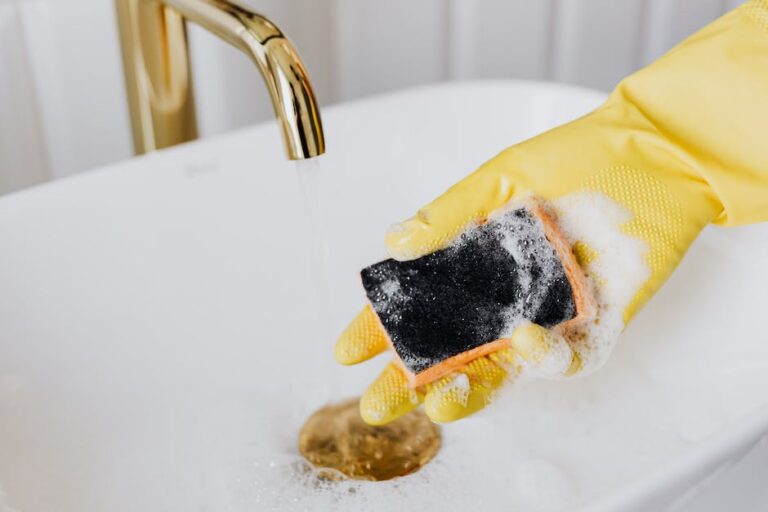



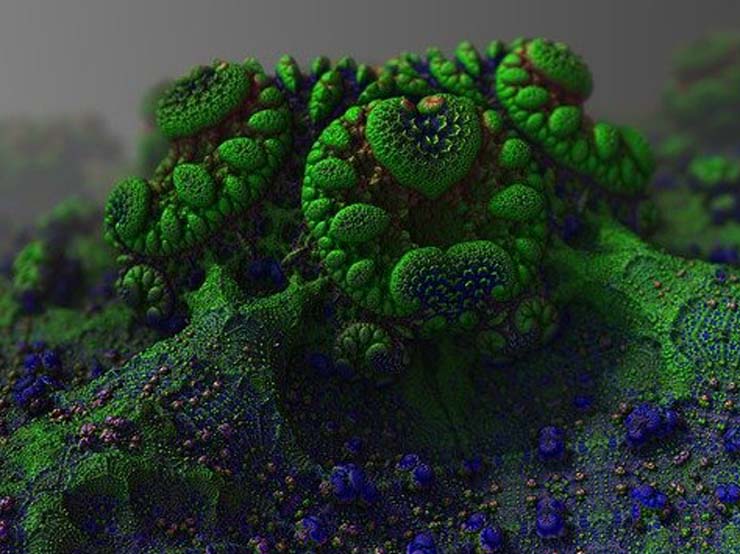


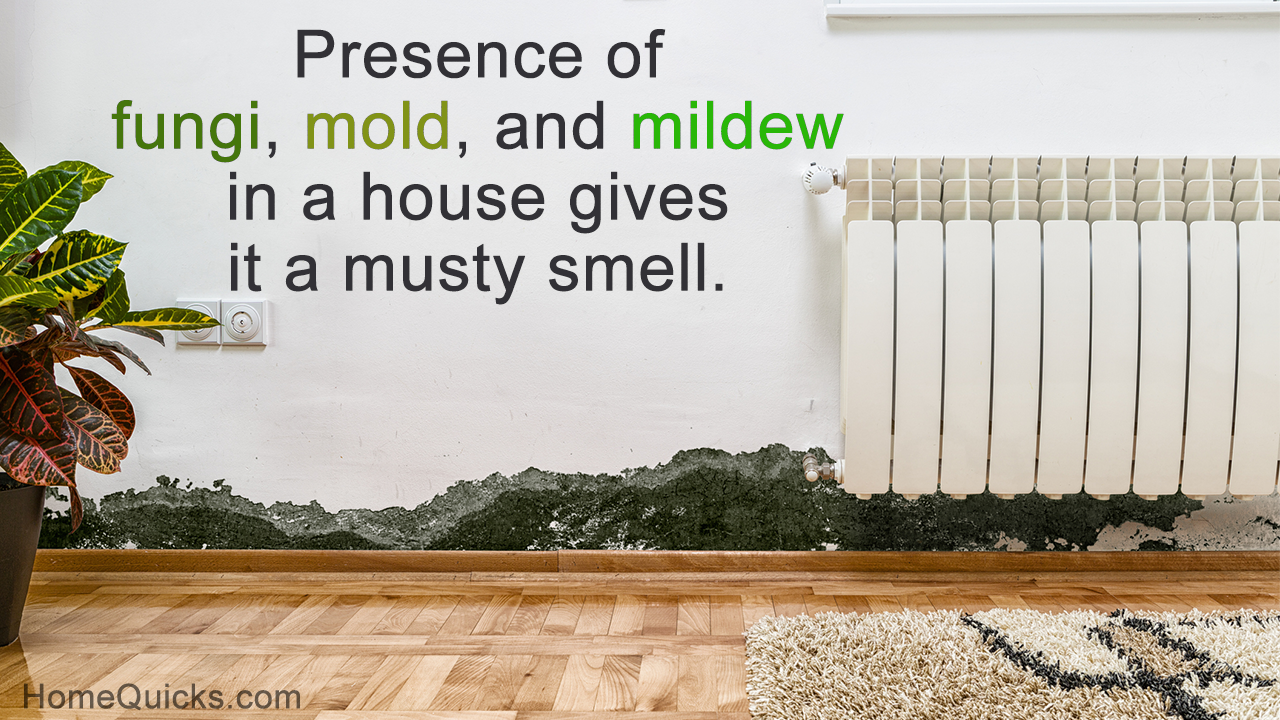
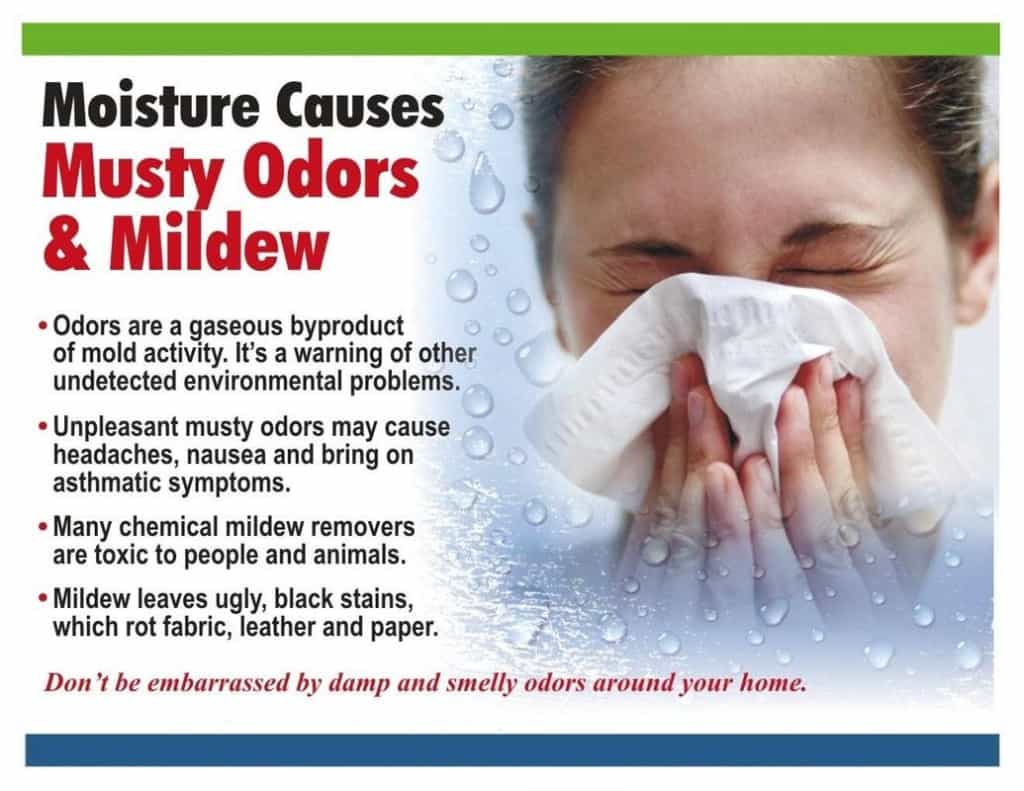



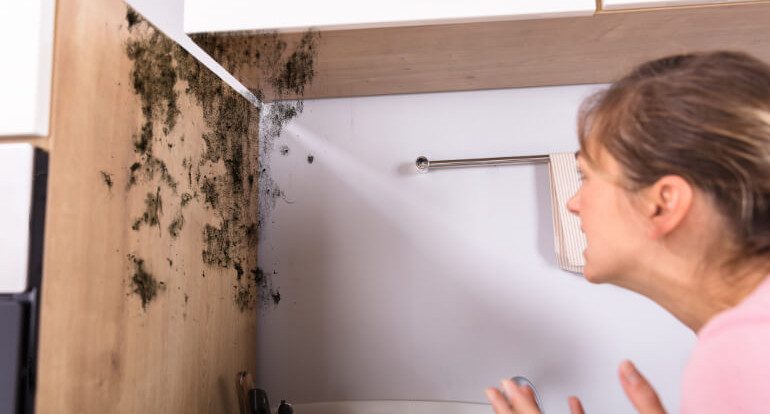
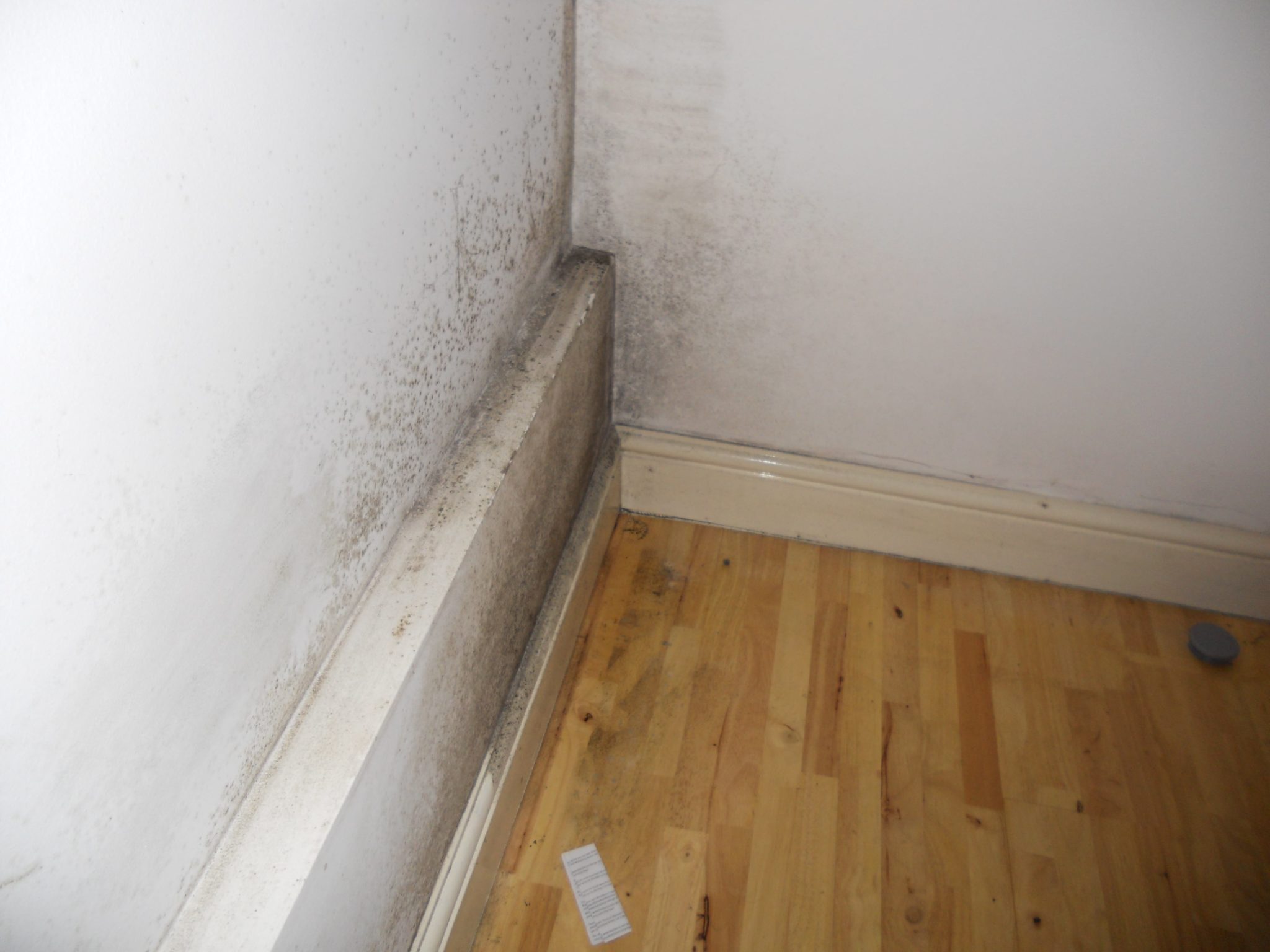



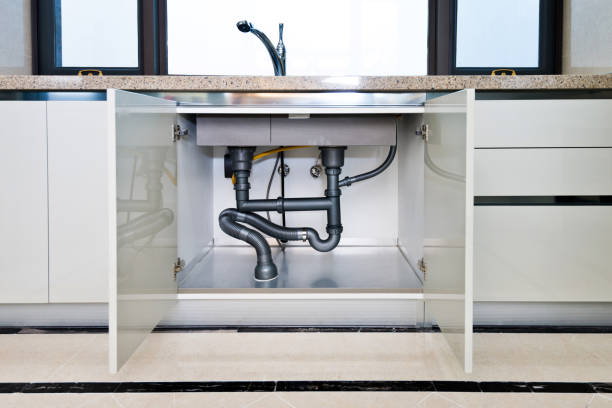






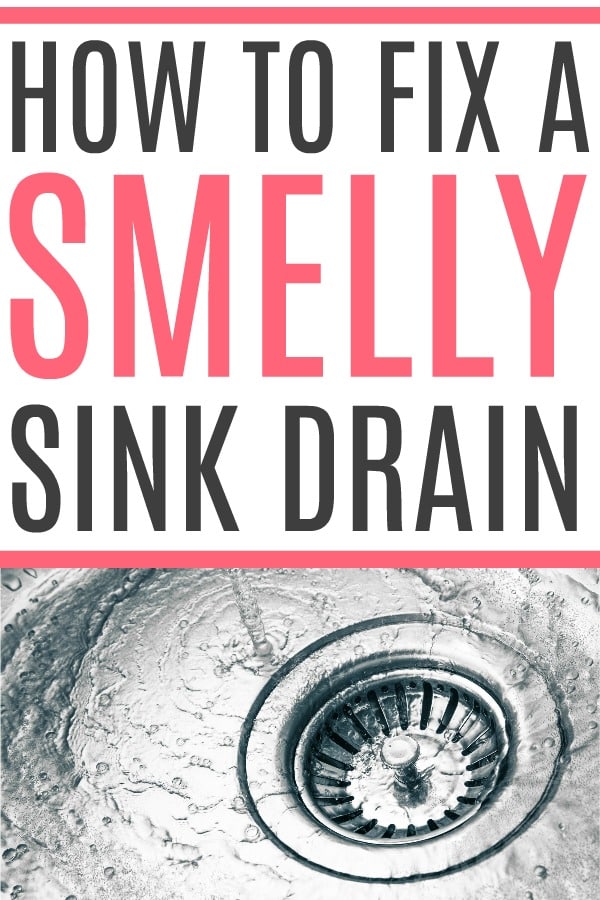




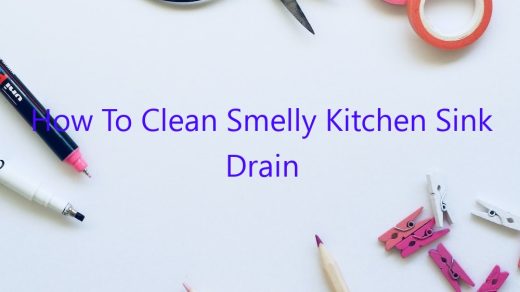
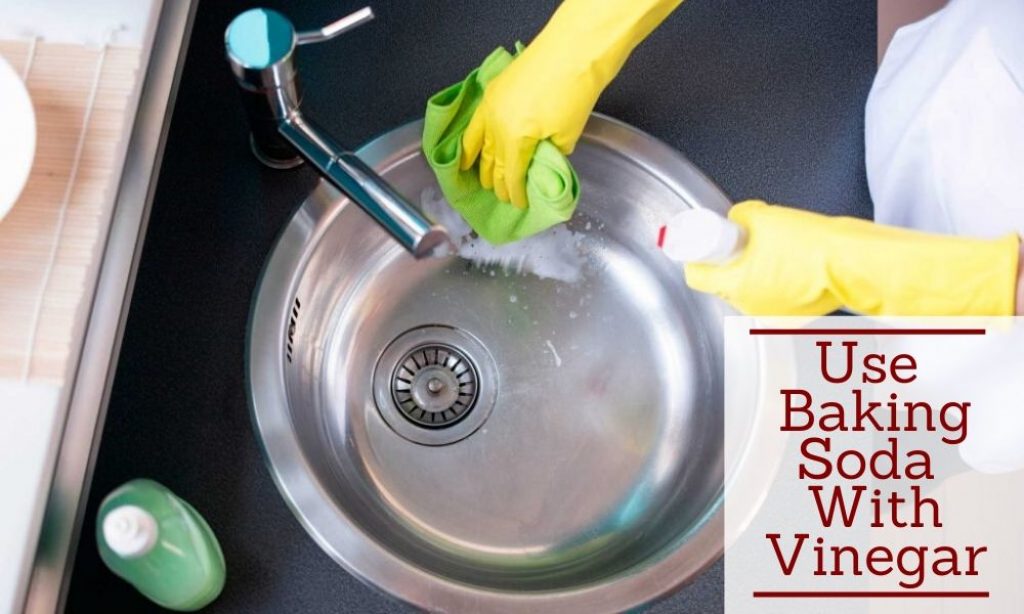










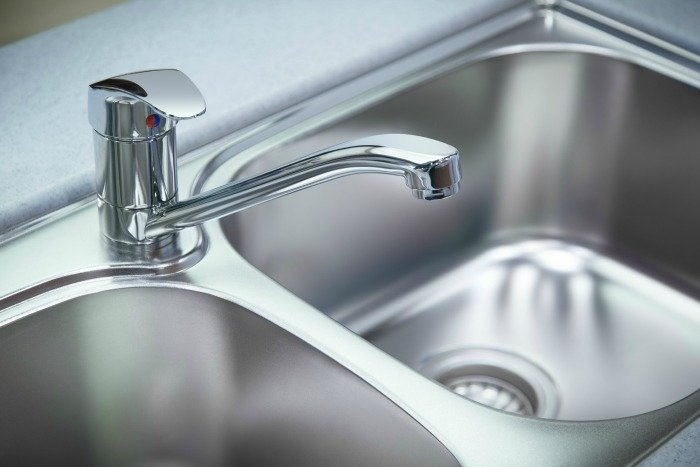






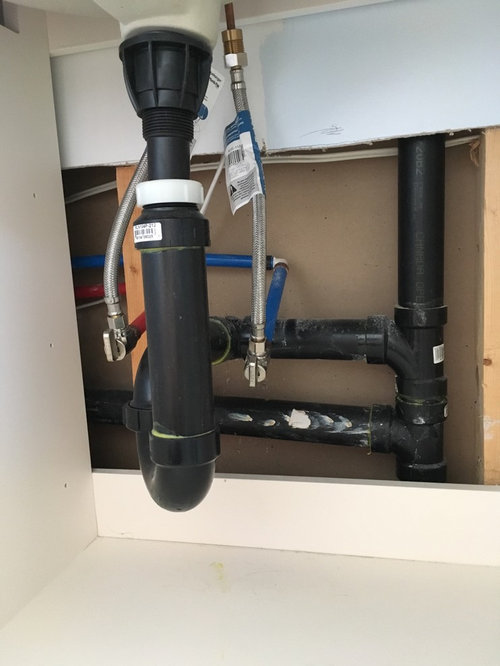
:max_bytes(150000):strip_icc()/why-does-my-kitchen-sink-smell-like-sewage-4707719_01-2030e27351fe4c6c9e1d94145dbbe30a.jpg)
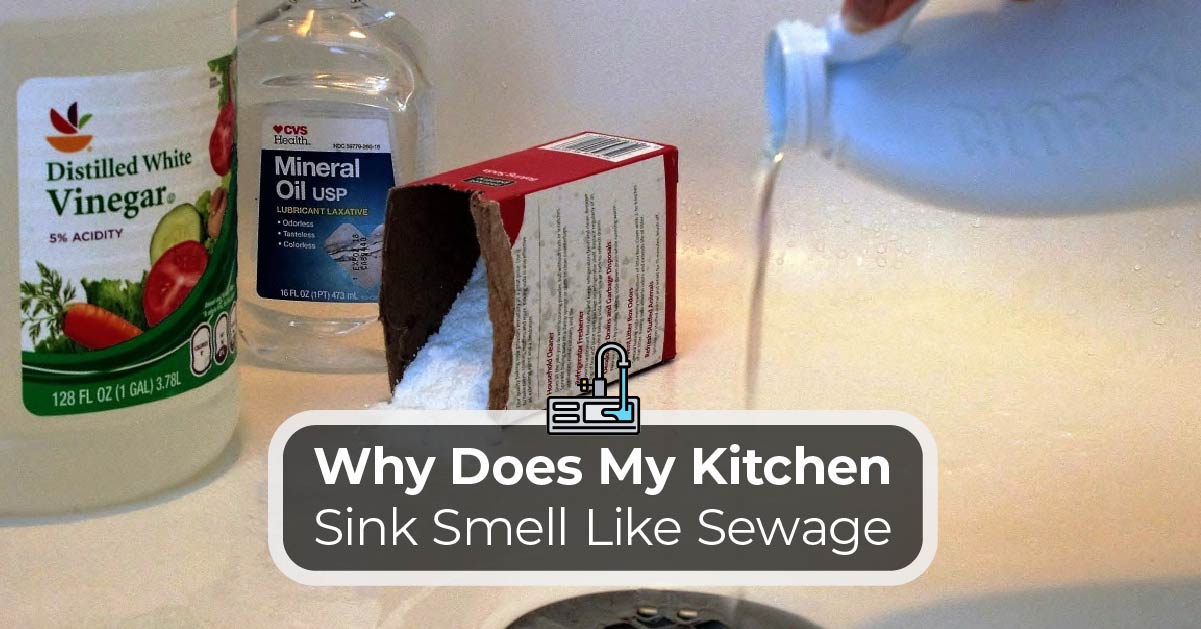
:max_bytes(150000):strip_icc()/why-does-my-kitchen-sink-smell-like-sewage-4707719_07_SewerSmells-4d372c293f71488f885015d929ddcd4f.jpg)
:strip_icc()/how-to-clean-a-kitchen-sink-and-drain-01-5660035-a1d8afe3894346f9a579e66c55e64b7d.jpg)


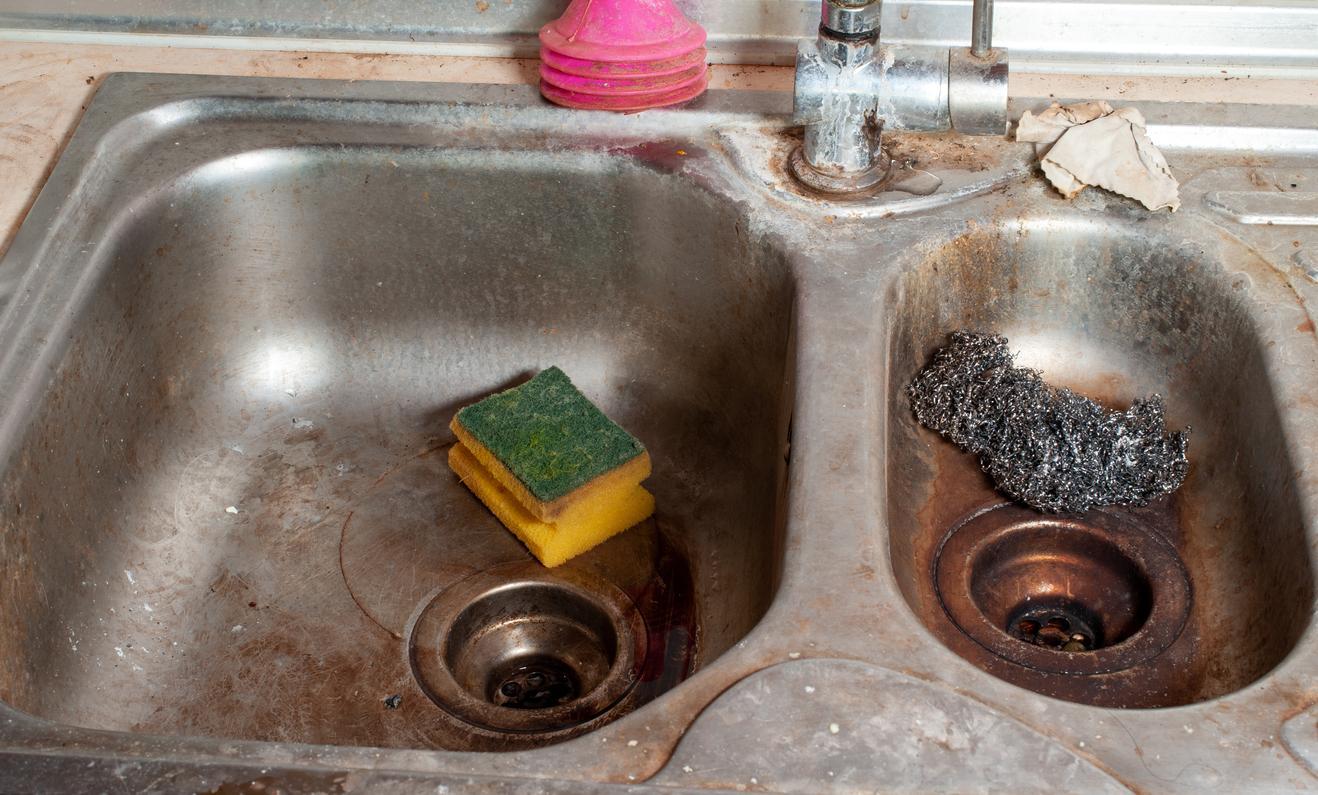
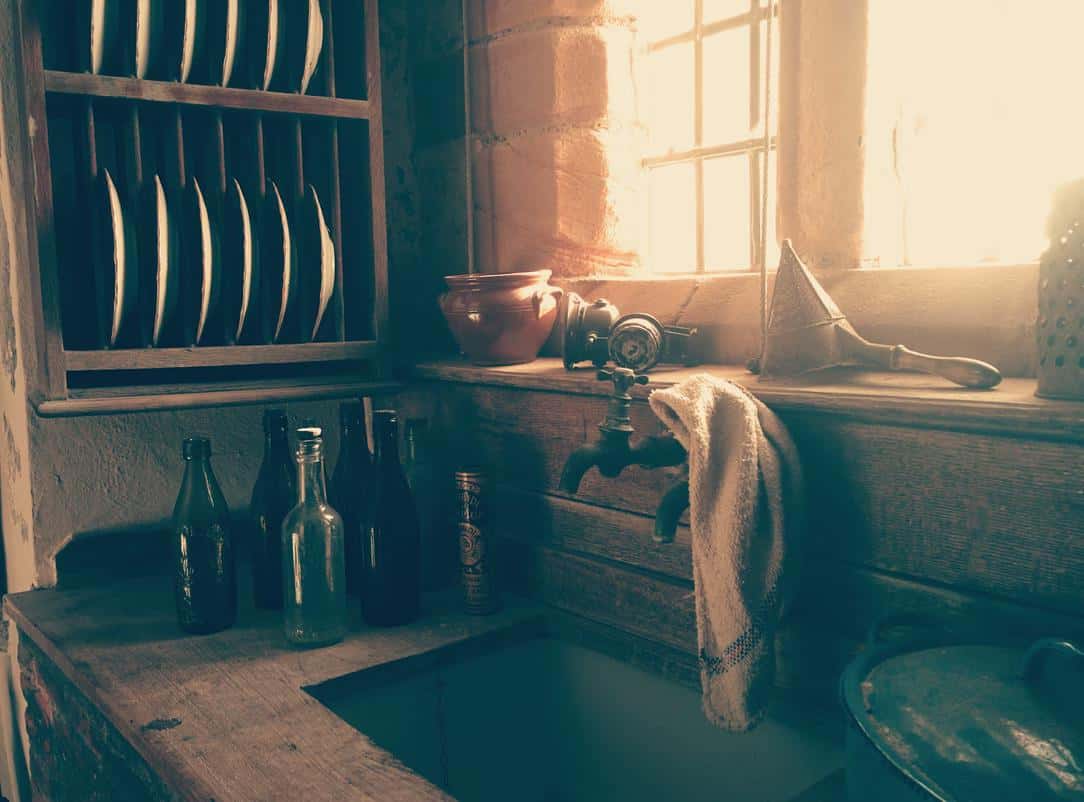
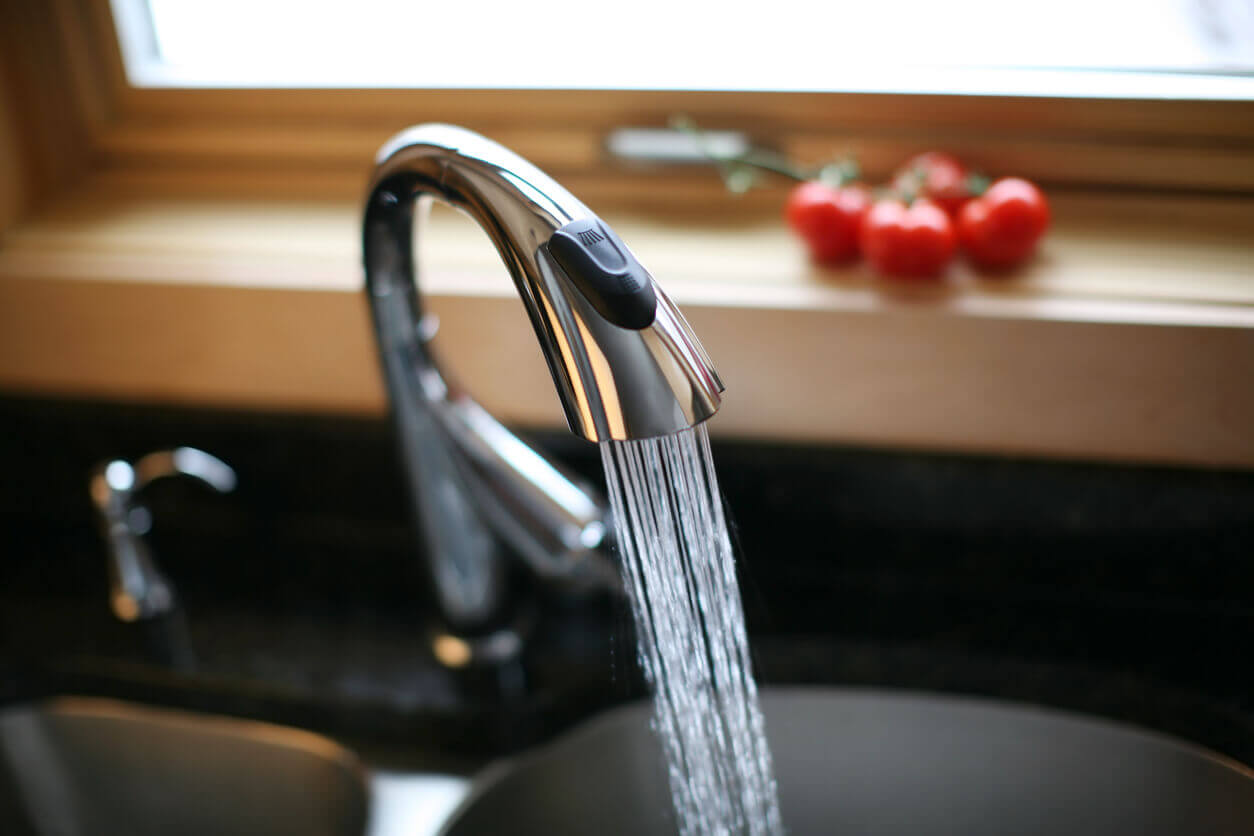


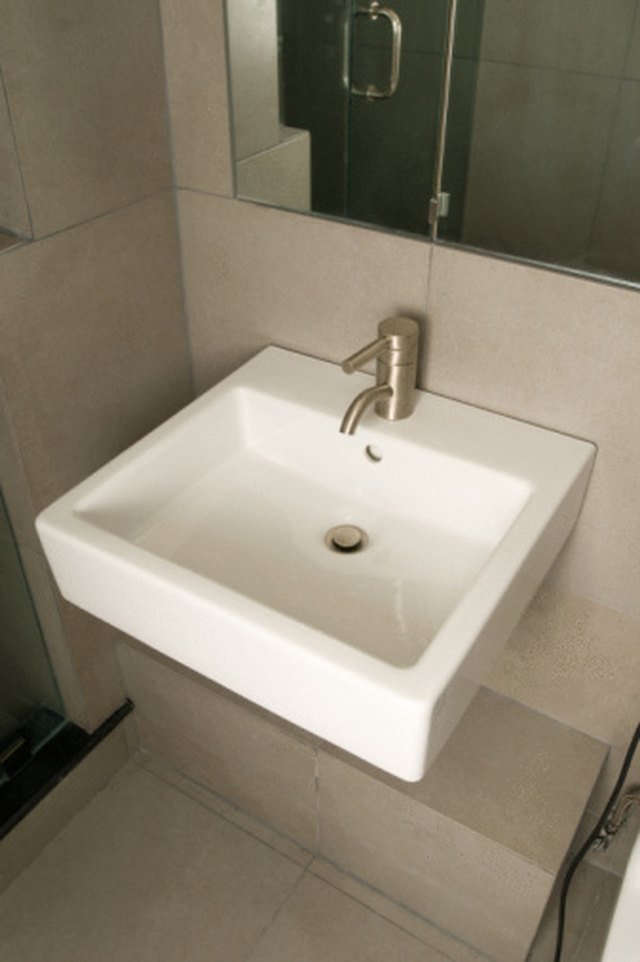




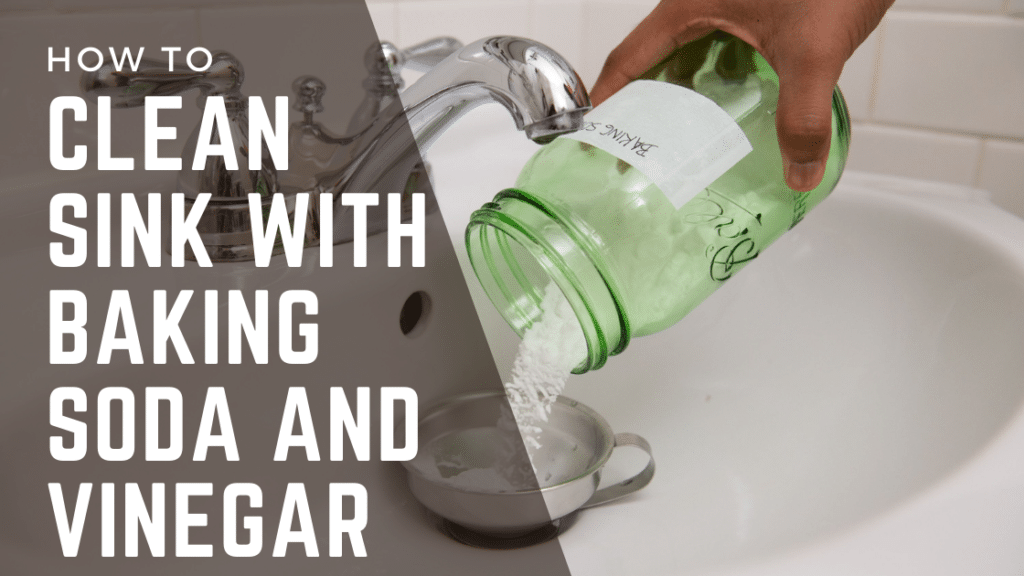











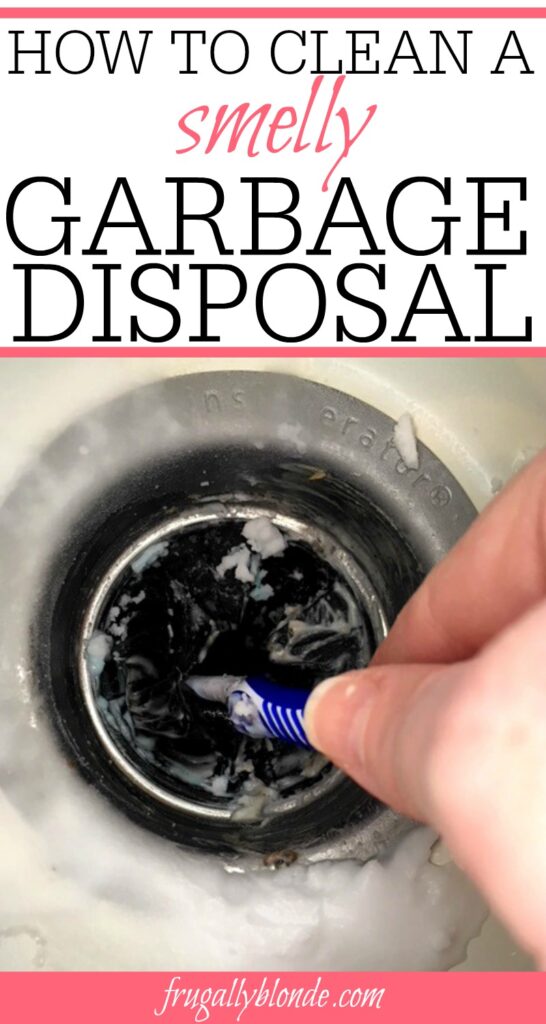
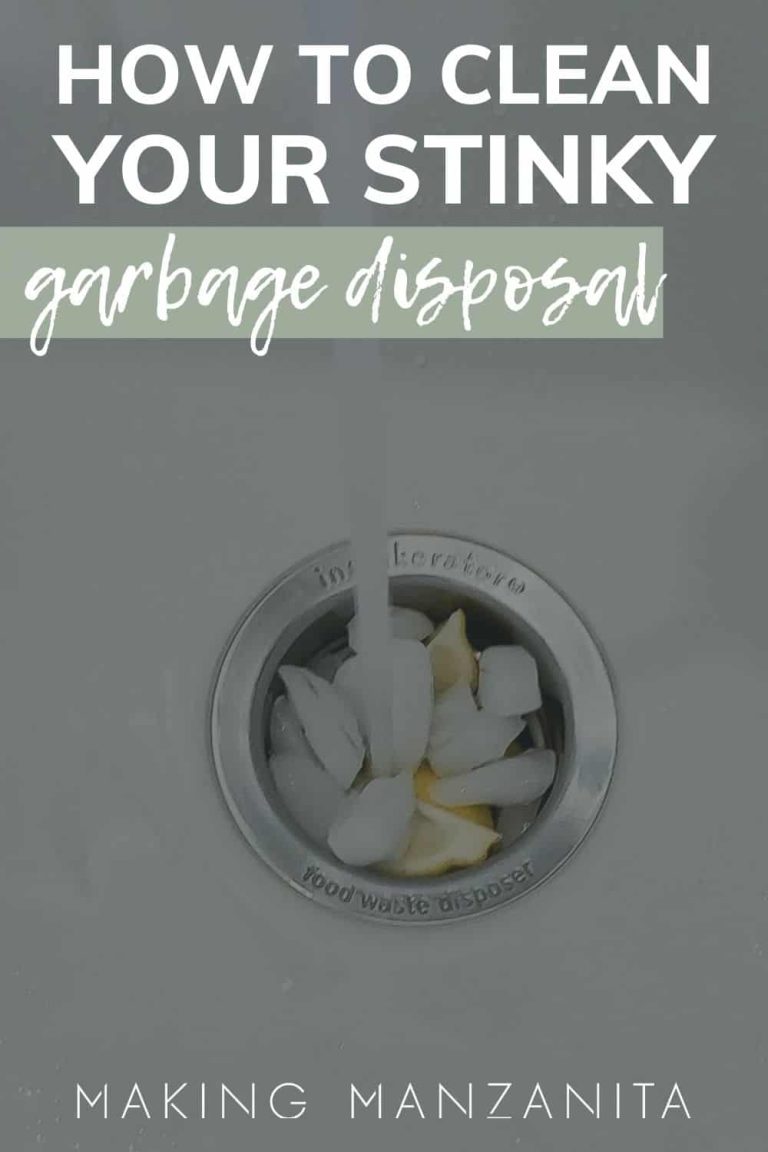

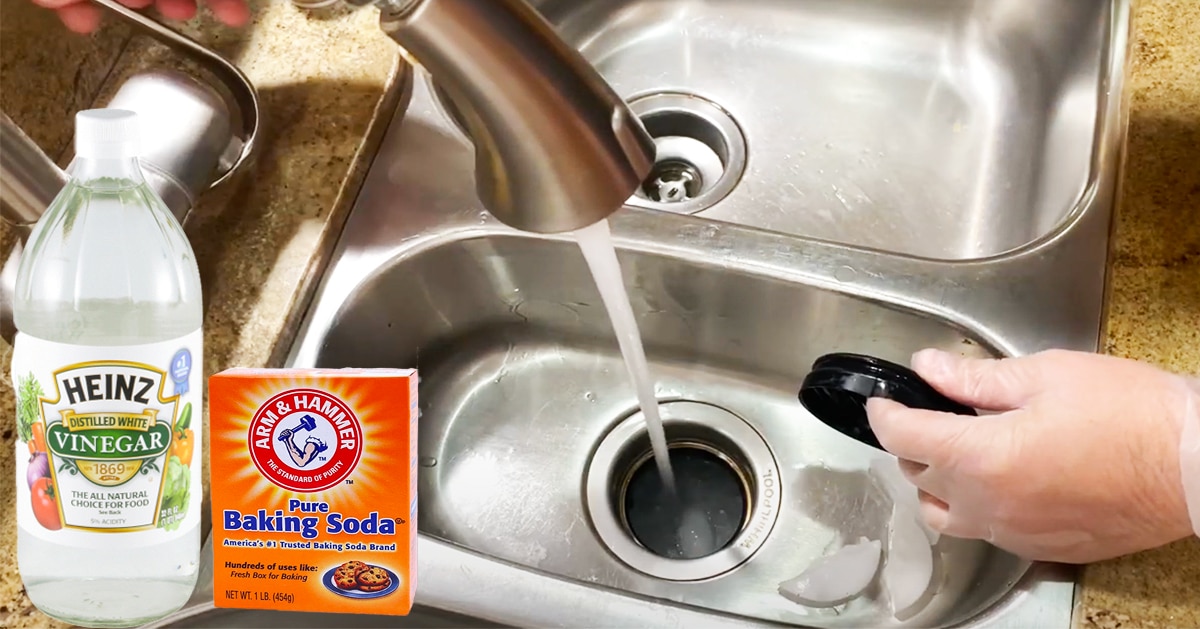

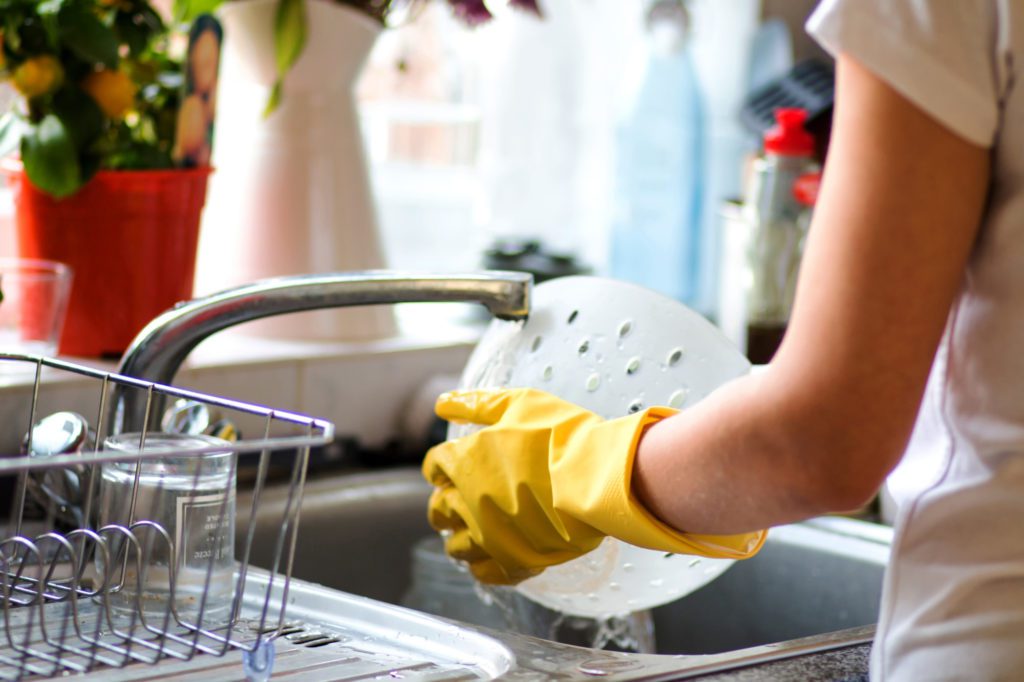
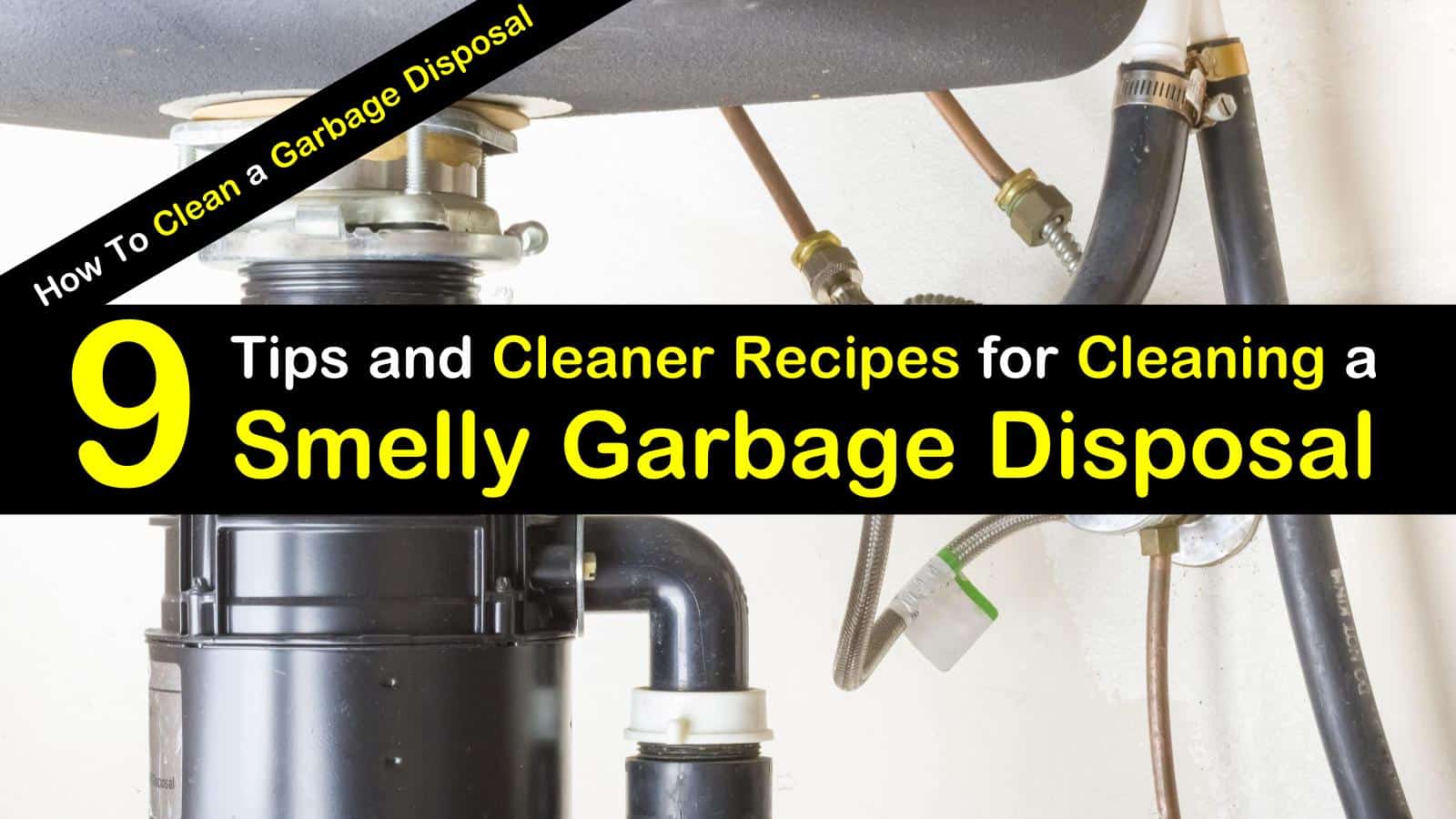







:max_bytes(150000):strip_icc()/woman-using-essential-oil-diffuser-france-548301715-57bf166d5f9b5855e5f30996.jpg)

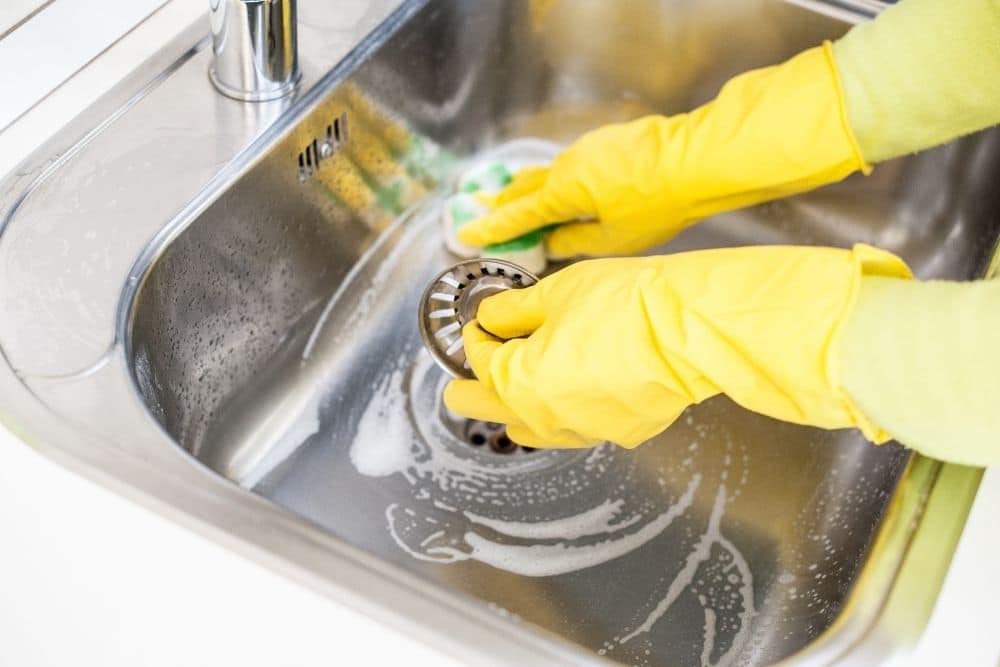

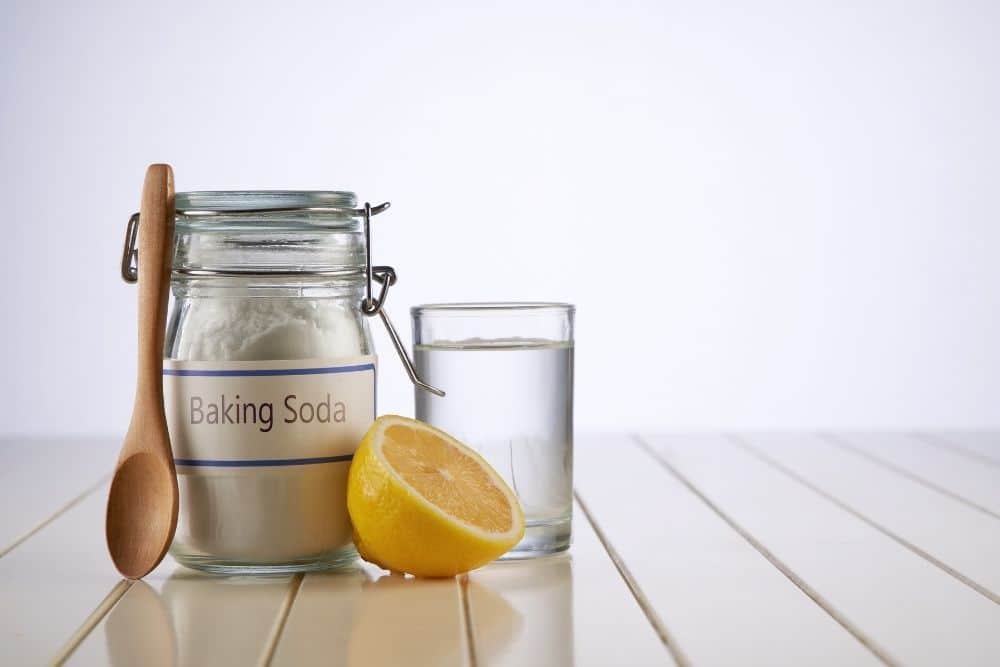





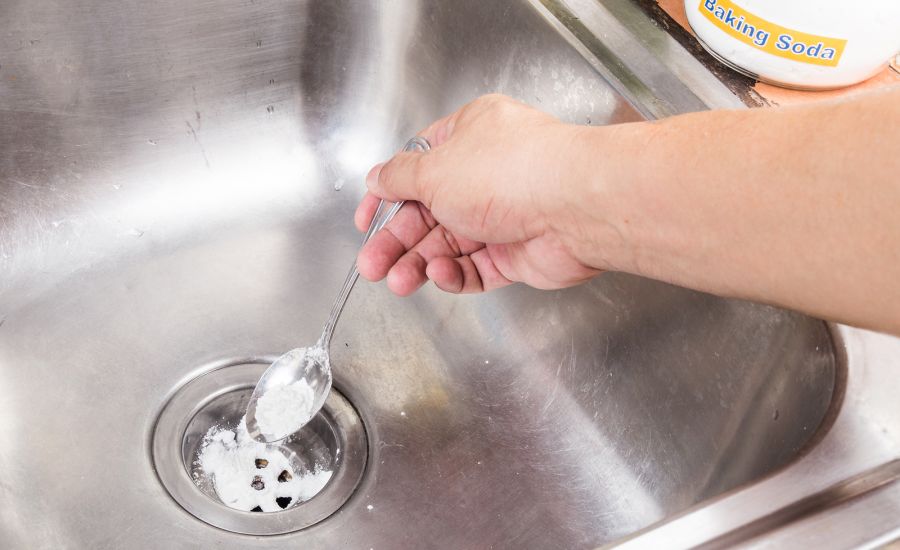
.png)









